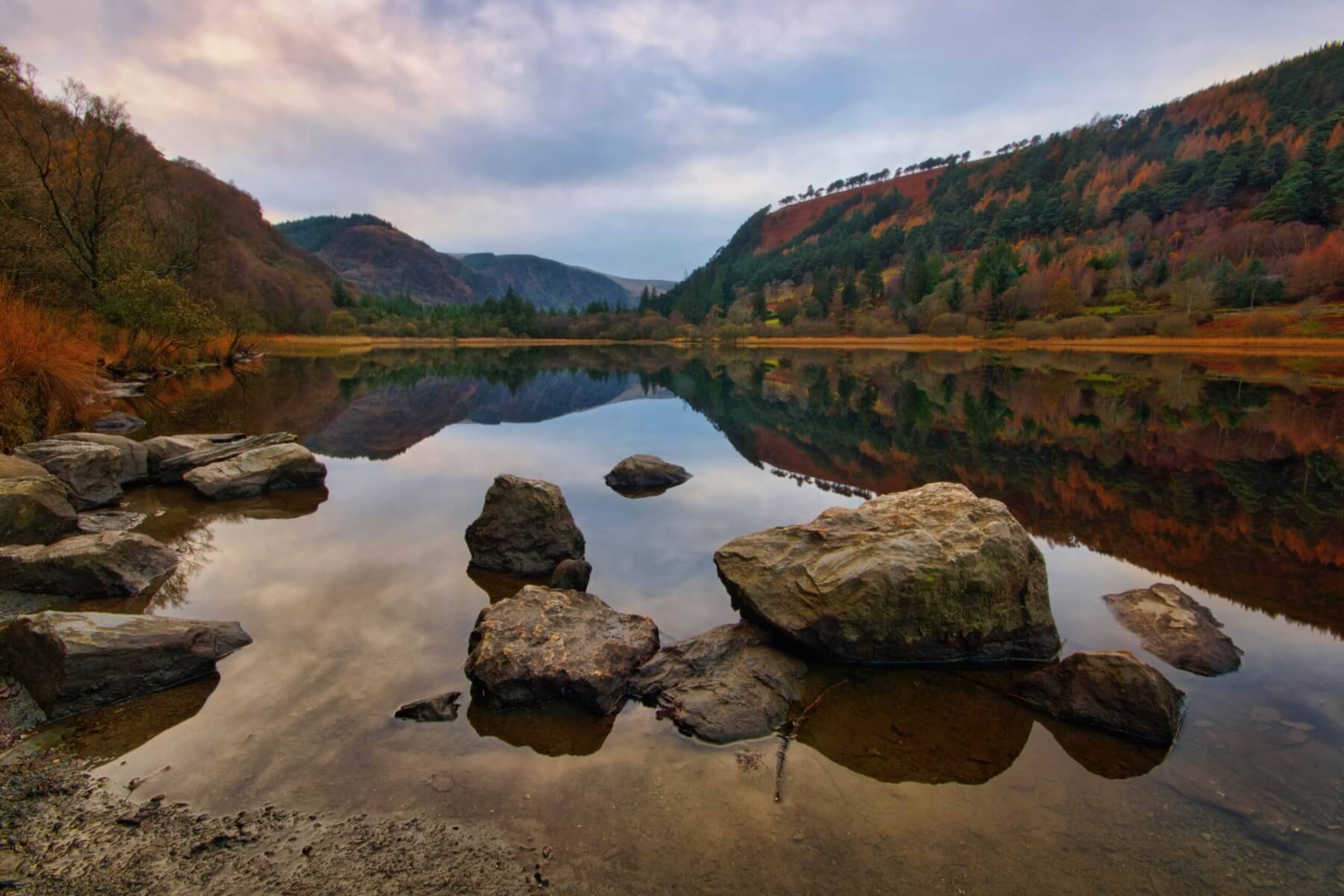
Emerald Isle
This column comes to you from the Emerald Isle. That’s right, I’m in Ireland- land of my forbears on my mother’s side. My grandfather’s family business interests were wiped out with the collapse of the Irish linen industry. So, aged 24 years old, in 1903 he ventured to New Zealand hoping for a new start.
I have in my possession his original ticket (costing £18) for passage down-under onboard the Royal Mail Steamship Omrah (in ‘Open Berth 27’) sailing out of London, bound for Australia, on to Dunedin – a voyage taking 48 days.
I can’t help but contrast the discomfort of Grandpa’s journey with my own recent trip from New Zealand by plane a week ago, flying to Ireland in 24 hours. Although in ‘economy’, it was comfort my grandfather could never have foreseen.
Before my grandfather’s generation, crossing oceans was particularly perilous with wooden ships relying upon weather patterns and wind alone to fill sails that provided the impetus for getting (hopefully), to wherever their destination was. Those hardy seafaring ones who sailed the seas then, facing hazardous conditions, carrying people and cargo command my respect.
Timber ships of the first century faced even greater risks with arduous conditions onboard exacerbated by unpredictable storms, plus the danger from heavy seas of cargo shifting within a ship’s hold. Rice and other grain cargoes, if unrestrained were liable to shift, altering a vessel’s centre of gravity, causing a dangerous list (lean) or imbalance that jeopardised a ship’s ability to sail. Leaking vessels and water seepage in a hold where rice containment was compromised could cause expansion capable of splitting a hull.
I’ve read of many storms at sea culminating in shipwreck. My favourite is recorded by a Greek doctor named Luke in Chapter 27 of the Book of Acts (The Bible). A historian par excellence, Luke describes journeying at sea with companion Paul, when they encountered a horrendous storm. Day and night merged into one continual blanket of darkness, as their ship was buffeted by massive waves and winds, tossing the ship up and down the Adriatic Sea for two whole weeks. Terrified crew lightened the ship, jettisoning the cargo – as well as the ships tackle.
At one point fearing the ship’s timbers could split apart, Luke records crew using ‘helps’ to secure the ship. The original Greek word for ‘helps’ is voitháei (pronounced voythay), referring to the technique of ‘frapping’ a ship – (that is, to ‘frap’ or ‘bind tightly’). ‘Helps’ were the ropes or chains passed underneath a ship, thus undergirding the hull at a dangerous time of extremity. I love how meanings of original words convey rich applications to our lives. Here’s an example…another verse in the Bible uses the same word voitháei, extending an invitation for us to ‘run’ to God to save and sustain us when in trouble.
“Let us therefore come boldly to the throne of grace, that we may obtain mercy and find grace to help in time of need.”
Notice… ‘help’ in time of need? Never forget this offer of God’s help in extremity, when life’s storms threaten to break apart your ‘ship’.











